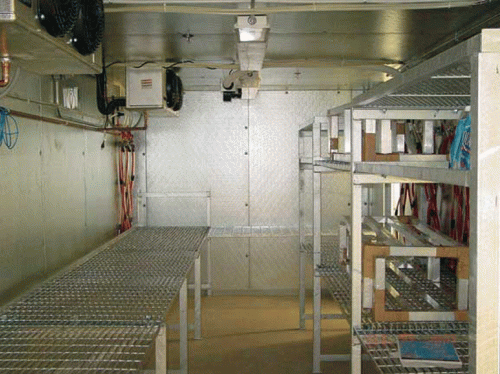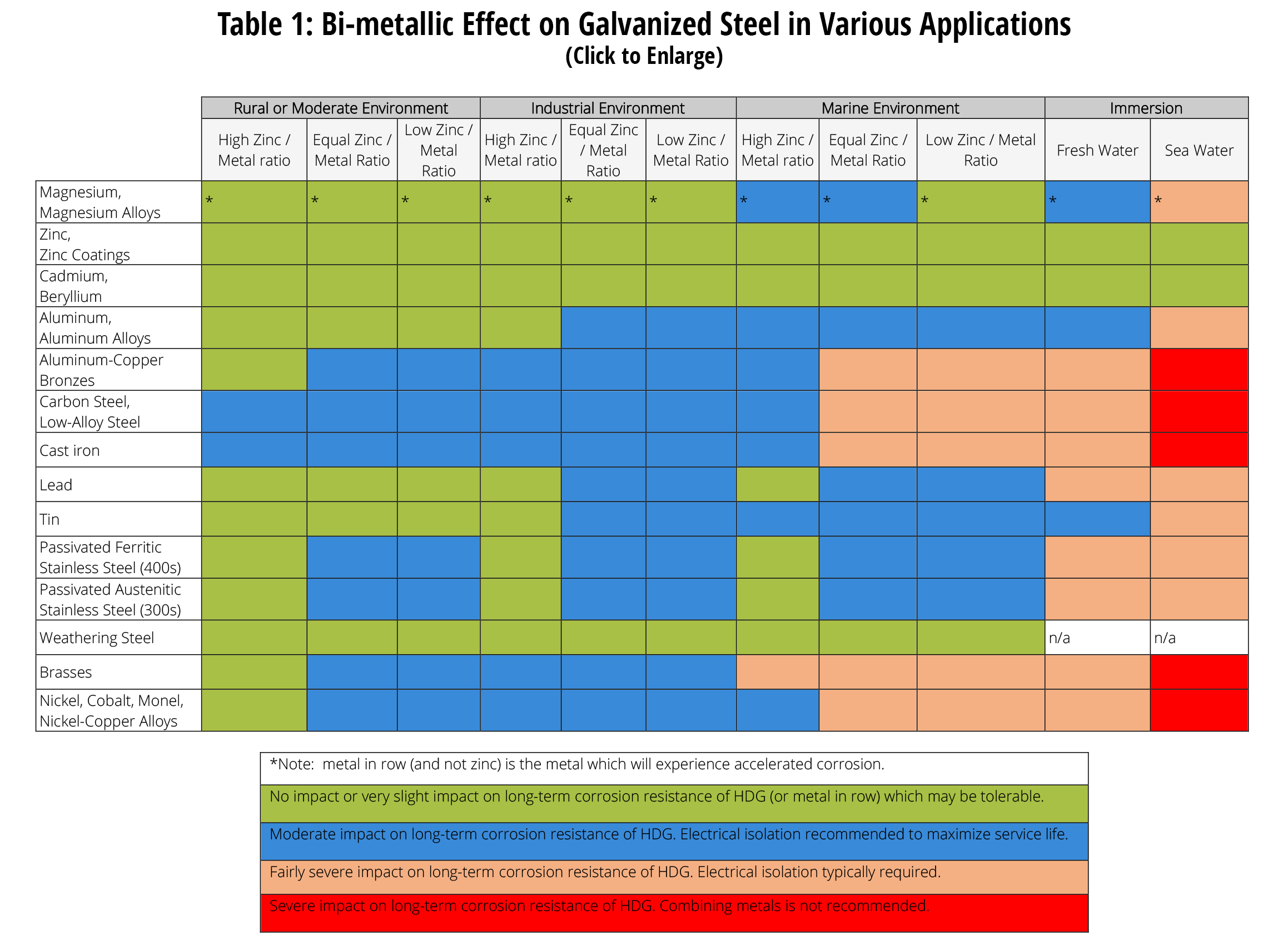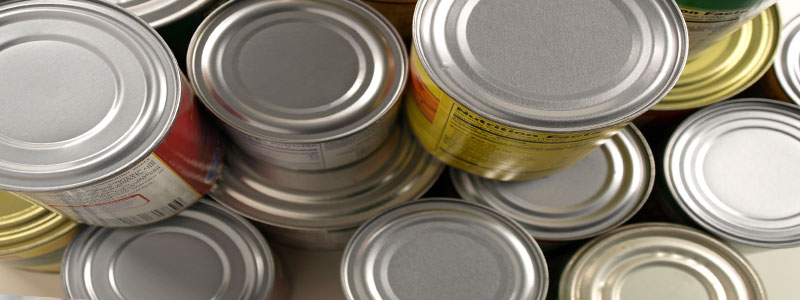Does Galvanized Sheet Metal Contaminate Food

But many stainless steel alloys also contain a high percentage of chromium at least 18 percent which is even more reactive than iron.
Does galvanized sheet metal contaminate food. This coating contains zinc which can be toxic when consumed. For most foods contact with galvanized steelis perfectly safe. This creates a uniform layer on the steel s surface. 4 101 15 galvanized metal use limitation galvanized metal may not be used.
This information from oar food sanitation rules page 46. It s generally recommended not to drink acid juices or other beverages from galvanized metal containers. Acidity increases the presence or leaching of zinc. Zinc is not poison.
The presence of two dissimilar metals in an assembly is not always a sign of trouble but it could be a problem. Food drug administration. The galvanizing process creates a coating to the metal that prohibits rust. Galvanized metal containers are not considered safe for cooking or storage of food.
Some galvanized metal is hot treated with an. The acid in some foods reacts with the zinc coating to form salts that are readily absorbed by the body and in excess could cause a very mild sickness. The main risk is from contact with acidic food like pickles. Only acidic foods should not come in contact with galvanized steel according the the u s.
Stainless steel and galvanized materials often are found together in the industry with applications such as galvanized fasteners stainless steel pressure vessels and roof and siding panels. Stainless steel types such as 304 or 316 are a mix of elements and most contain some amount of iron which easily oxidizes to form rust. Galvanized steel has been used for almost 2 000 years because of its unrivaled ability to last a very long time and resist rust. When we say it s not food safe we mean you should not cook in zinc pots or serve food out of zinc containers because of the possibility of acidic food or drink dissolving the zinc and you consuming too much of it.
Sheet steel either corrugated or smooth will be fully submerged in molten zinc. Cooking utensils and storage containers are commonly not made of galvanized steel. However in some cases galvanized containers such as garbage cans are pressed into service for large scale cookouts or other meals. Most galvanizing includes a dip in hexavalent chromium and this toxic material even in extremely dilute form has no place in cookware.
Cold prevention tablets are one example of the deliberate consumption of zinc. Using the same logic you may want to avoid growing plants in galvanized steel that require acid soils. Not all galvanized steel is coated in pure zinc. Sometimes the metal will be cooled to allow the material to fully bond and then re dipped for a secondary coating.














































